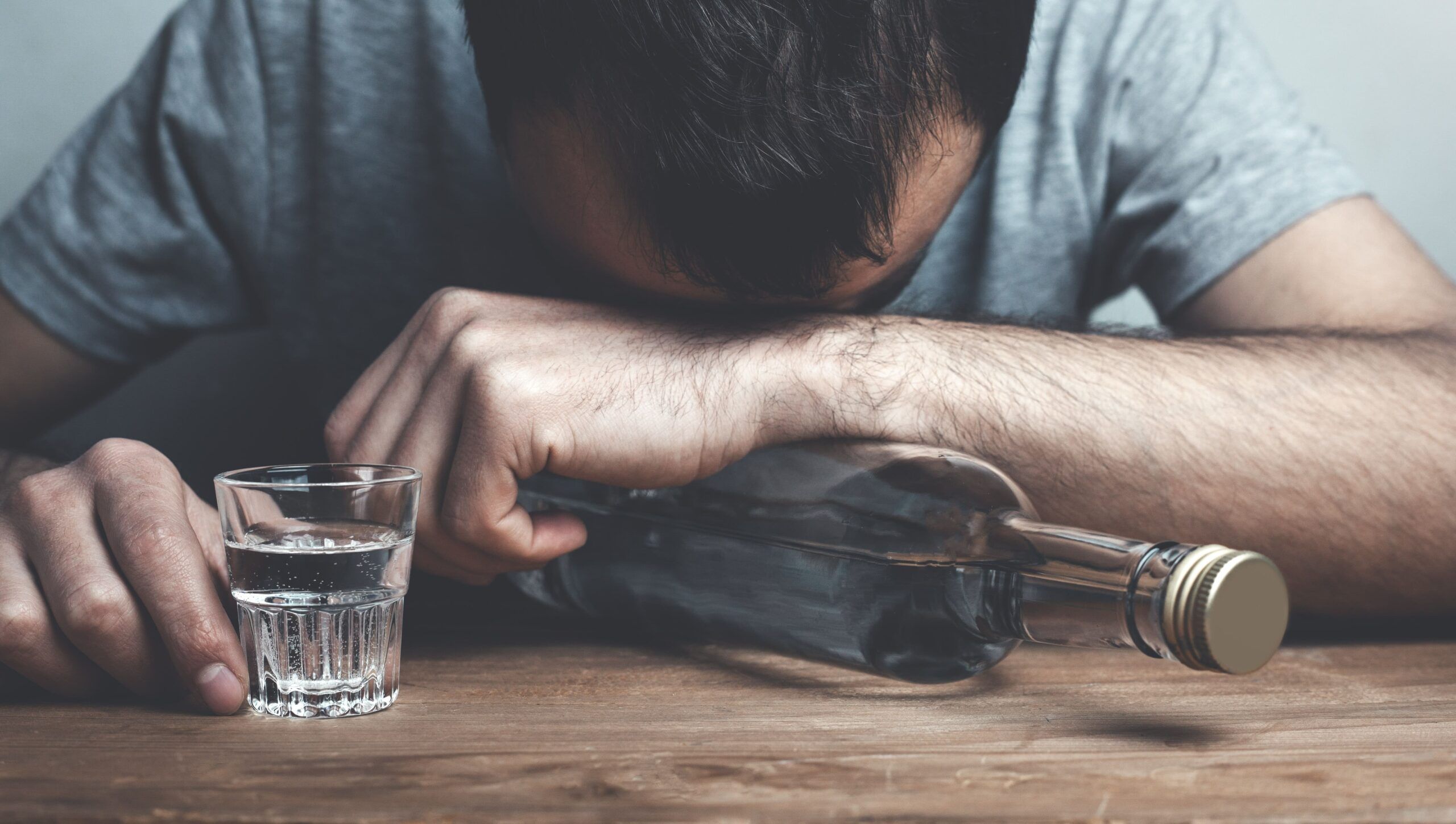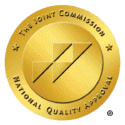Signs Someone is Drinking Alcoholic Beverages
You suspect that someone you love has secretly been drinking, but you’re not sure how to confirm your suspicions. Even if they try to hide what they’ve been doing, a person who has been drinking alcoholic beverages will usually leave some clues. When you understand what these clues look like, you will be better prepared to take appropriate action.
A Person Who Has Been Drinking Alcoholic Beverages Will Usually:
When it comes to identifying someone who has been drinking, there are few absolutes. Different people may be affected in different ways depending on a variety of factors, such as:
- Their age, weight, and metabolism
- How often they drink
- How much they typically consume
- If they are also abusing other addictive substances
- If they have certain medical or mental health concerns
Also, if a person is trying to hide their drinking from their parents, a spouse, or someone else, they may take additional steps to keep their behavior a secret.
Having said all that, there are some common actions, characteristics, and behavior patterns that are difficult to conceal, especially for someone who drinks on a regular basis.
For example, a person who has been drinking alcoholic beverages will usually (or often) exhibit signs such as:
- Odor of alcohol on their breath
- Glassy or watery eyes
- Slurred speech
- Impaired coordination
- Changes in mood and attitude
- Confusion
- Memory problems
- Poor judgment
- Diminished inhibition
- Uncharacteristic aggression or recklessness
- Increased talkativeness
- Difficulty remaining awake and alert
It is also important to keep an eye out for signs that aren’t directly related to alcohol intoxication, but which could suggest that your loved one is drinking.
If you think your spouse or another adult has relapsed after a period of sobriety, pay attention to signs such as:
- Problems at work
- Unexplained financial difficulties
- Unintentional weight change
- Disrupted sleep patterns
- Frequent need to “run errands” or otherwise leave the house by themselves
- Lying or otherwise being deceitful about where they’ve been
- No longer attending recovery support group meetings
If you are a parent and you suspect that your teen has begun to use alcohol, watch for indicators such as:
- Downturn in performance in school
- Increased behavior problems at home or in school
- Lack of motivation
- Secrecy about how they spend their time and who they have been associating with
- Abandoning their usual friend group
- Ending their participation in sports, clubs, hobbies, or other activities that used to be important to them
- Pulling away from you and other family members
- Lack of attention to appearance, grooming, and even hygiene
Of course, none of these signs on their own are conclusive proof that your child has been drinking. They could be experiencing a problem with stress management, anxiety, depression, or another mental health concern. Or they could simply be dealing with the hormonal and attitudinal changes that are common among adolescents.
In general, though, any significant alterations in attitude, behavior, and/or appearance should be cause for concern.
What Can You Do if You Suspect a Loved One May Be Drinking Alcoholic Beverages?
If someone in your life should not be drinking alcohol, but you suspect that they are, you may be worried, frustrated, or even angry.
Please know that it is both normal and understandable to feel this way. However, an immediate emotional reaction could make the problem even worse than it already is. Instead, take the time to assess the situation and review your options. This way, when you take action, you will be responding thoughtfully instead of reacting on a purely emotional basis.
Please remember this: There is no perfect response to situations like these. You will need to consider an array of factors, including the nature of your relationship with your loved one, if they have developed alcohol use disorder (alcoholism), and how their drinking has affected them, you, and your family.
With those thoughts in mind, here are a few steps that may be appropriate for you:
- Don’t ignore your suspicions. Even though you wish you didn’t have to deal with this challenge, pretending that it’s not happening will only allow the problem to grow.
- If your loved one is addicted to alcohol, take the time to educate yourself about alcoholism, treatment, recovery, and relapse. This can help you respond in the most meaningful and beneficial manner.
- Consult with experts. If the person you’re concerned about is your partner or another adult, you may want to contact an addiction treatment provider or a support group for the loved ones of people who are struggling with addiction. If you think your child has been drinking, reach out to their guidance counselor or a substance abuse professional who works with teens.
- Talk to your loved one. Let them know what you’ve observed and express your concerns about their behaviors. Be prepared for denial, pushback, or even anger. Try not to let the conversation descend into an argument.
- Listen to your loved one. Their response, such as if they admit or deny what they’ve been doing, can give you valuable insights into their state of mind. If they do acknowledge that they’ve been drinking, their willingness or refusal to get help can inform your next steps.
- Set (and maintain) appropriate boundaries. If you are dealing with an adolescent or teen, this can include establishing clear rules to ensure you know where they are, who they’re with, and what they’re doing. For adults, this can involve letting them know what types of behaviors you will no longer tolerate.
- Get help for yourself. Alcoholism and other types of addiction don’t only affect the person who has the disorder. Parents, partners, siblings, close friends, and other loved ones can also be impacted. Talking to a counselor or therapist can help you process your experiences and decide how best to help your loved one while keeping yourself safe.
Contact Sanctuary Treatment Center to Learn About Our Alcohol Treatment Center
If someone that you care about has become addicted to alcohol, they may need professional care to stop drinking and start building a healthier life in recovery.
Sanctuary Treatment Center offers a full continuum of care within a safe and welcoming environment. Programming options at our alcohol addiction treatment center in Los Angeles include detoxification, inpatient rehab, and outpatient care. At every level, your loved one will receive personalized services from a team of skilled and experienced professionals.
To learn more about how we can help, or to schedule a free assessment, please visit our Contact page or call us today.






